Key Takeaways:
- Uncertainty is inherent in medical practice due to the complexity of human biology, limitations of medical discovery, and variability in disease presentation.
- Diagnoses can evolve as new information arises, medical technology advances, and our understanding of diseases improves.
- Considering differential diagnoses helps manage uncertainty by offering multiple potential explanations for a patient’s symptoms and adjusting the diagnosis as new insights emerge.
- Effective communication between healthcare providers and patients regarding uncertainty is crucial for informed decision-making, managing expectations, and maintaining trust.
- Embracing uncertainty can lead to more personalized care, enhance patient engagement in treatment decisions, and drive advancements in medical research.
Medicine, although grounded in scientific principles, requires dealing with uncertainty. From the initial presentation of symptoms to treatment outcomes, healthcare professionals work within a complex environment influenced by probabilities, evolving knowledge, and individual variability. This article explores how uncertainty influences medical practice and how diagnoses can change over time.
The Nature of Uncertainty in Medicine
Uncertainty in medicine arises from several factors, including:
- Biological Complexity
The human body is a complex system with numerous interconnected processes. Symptoms can stem from multiple causes, and diseases often present differently in different individuals. - Limitations of Medical Discovery
Despite rapid advancements, our understanding of human biology and disease processes remains incomplete. New discoveries continually reshape our comprehension of health and illness. - Variability in Patient Presentations
Each patient is unique. Genetic differences, lifestyle factors, and comorbidities influence how a disease presents and progresses in each individual. - Limitations of Diagnostic Tools
While medical technology has advanced, no test is perfectly accurate. False positives, false negatives, and inconclusive results are often challenges for healthcare providers. - Time Pressure in Decision-Making
Many medical decisions require quick action based on limited information, adding to the uncertainty in medical practice.
The Evolution of Diagnoses
Given the factors that contribute to uncertainty in medicine, diagnoses often evolve in several ways:
- Change in Diagnosis
As more information is gathered through tests, observations, or responses to treatment, providers may adjust the diagnosis to better represent the condition. - Multiple Diagnoses
Patients may receive multiple diagnoses over time, either as new conditions develop or as different aspects of their existing condition become apparent. - From Syndrome to Specific Disease
Patients may initially be diagnosed with a syndrome (a collection of symptoms) before providers identify a more specific underlying disease.
The Process of Differential Diagnosis
Healthcare providers rely on differential diagnoses to help navigate uncertainty. This iterative process enables providers to adjust diagnoses as new insights emerge.
The differential diagnosis process includes:
- Gathering information by collecting patient history, performing physical exams, and ordering diagnostic tests
- Generating a list of possible diagnoses based on this information
- Prioritizing potential diagnoses using factors such as likelihood, severity, and urgency of treatment
- Conducting additional tests or attempting different treatments to confirm or rule out possibilities
- Updating the diagnosis as new information becomes available
Factors Influencing Diagnostic Evolution
Several factors contribute to the evolution of a diagnosis, such as:
- Advances in Medical Discovery
Ongoing research may change our understanding of diseases and influence diagnostic criteria. - Technological Advancements
New diagnostic tools and techniques can provide more precise information that prompts a change in diagnosis. - Disease Progression
As a disease progresses, the appearance of new symptoms may prompt a reassessment of the diagnosis. - Access to Specialists
Consultation with specialists can introduce new insights or perspectives, potentially resulting in a revised diagnosis. - Patient Reporting
Patients may disclose new or previously unreported symptoms as they become more informed or comfortable with their healthcare provider.
Challenges and Benefits of Uncertainty
Communicating uncertainty in medicine presents several challenges. Patients often expect definitive answers, so providers must balance honesty with reassurance. Overemphasizing uncertainty can overwhelm patients and complicate informed decision-making. Additionally, shifting diagnoses or expressing uncertainty can impact trust, requiring careful handling. Providers must also consider cultural factors that affect how patients perceive and manage uncertainty.
However, embracing uncertainty in medicine also has significant benefits. It encourages personalized care and individualized treatment, fosters an environment of ongoing learning and improvement, and actively engages patients in decision-making. Furthermore, identifying gaps in knowledge helps promote research and innovation.
The Future of Uncertainty in Medicine
As medicine advances, the way we handle and understand uncertainty will continue to evolve. Here are a few technologies and innovations that may reshape how uncertainty is managed in medicine:
- Precision Medicine
Advances in genomics and personalized medicine may reduce certain types of uncertainty but could also introduce new challenges. - Artificial Intelligence (AI)
AI and machine learning have the potential to analyze complex data and identify patterns, which could reduce some diagnostic uncertainty. - Patient-Generated Health Data
Wearable devices and health apps may provide continuous health data, offering new insights into how we understand and manage health and disease.
Uncertainty in medicine and the evolution of diagnoses reflect the complexity of human health and the dynamic state of medical discovery. By acknowledging and managing uncertainty, healthcare providers can deliver more personalized, patient-centered care. Patients who understand the inherent uncertainty in medicine are better equipped to make informed decisions and collaborate with their providers. The future of medicine may not eliminate uncertainty, but developing better tools and strategies to navigate uncertainty could ultimately lead to better patient outcomes.
Sources
- Simpkin, A. L., & Schwartzstein, R. M. (2016). Tolerating Uncertainty — The Next Medical Revolution? New England Journal of Medicine, 375(18), 1713-1715.
- Bhise, V., et al. (2018). Defining and Measuring Diagnostic Uncertainty in Medicine: A Systematic Review. Journal of General Internal Medicine, 33(1), 103-115.
- Djulbegovic, B., & Guyatt, G. H. (2017). Progress in evidence-based medicine: a quarter century on. The Lancet, 390(10092), 415-423.
- Seely, A. J. E. (2013). Embracing the Certainty of Uncertainty: Implications for Health Care and Research. Perspectives in Biology and Medicine, 56(1), 65-77.
- Kumagai, A. K. (2008). A Conceptual Framework for the Use of Illness Narratives in Medical Education. Academic Medicine, 83(7), 653-658.
- Wellbery, C. (2010). The Value of Medical Uncertainty? Lancet, 375(9727),1686-7


